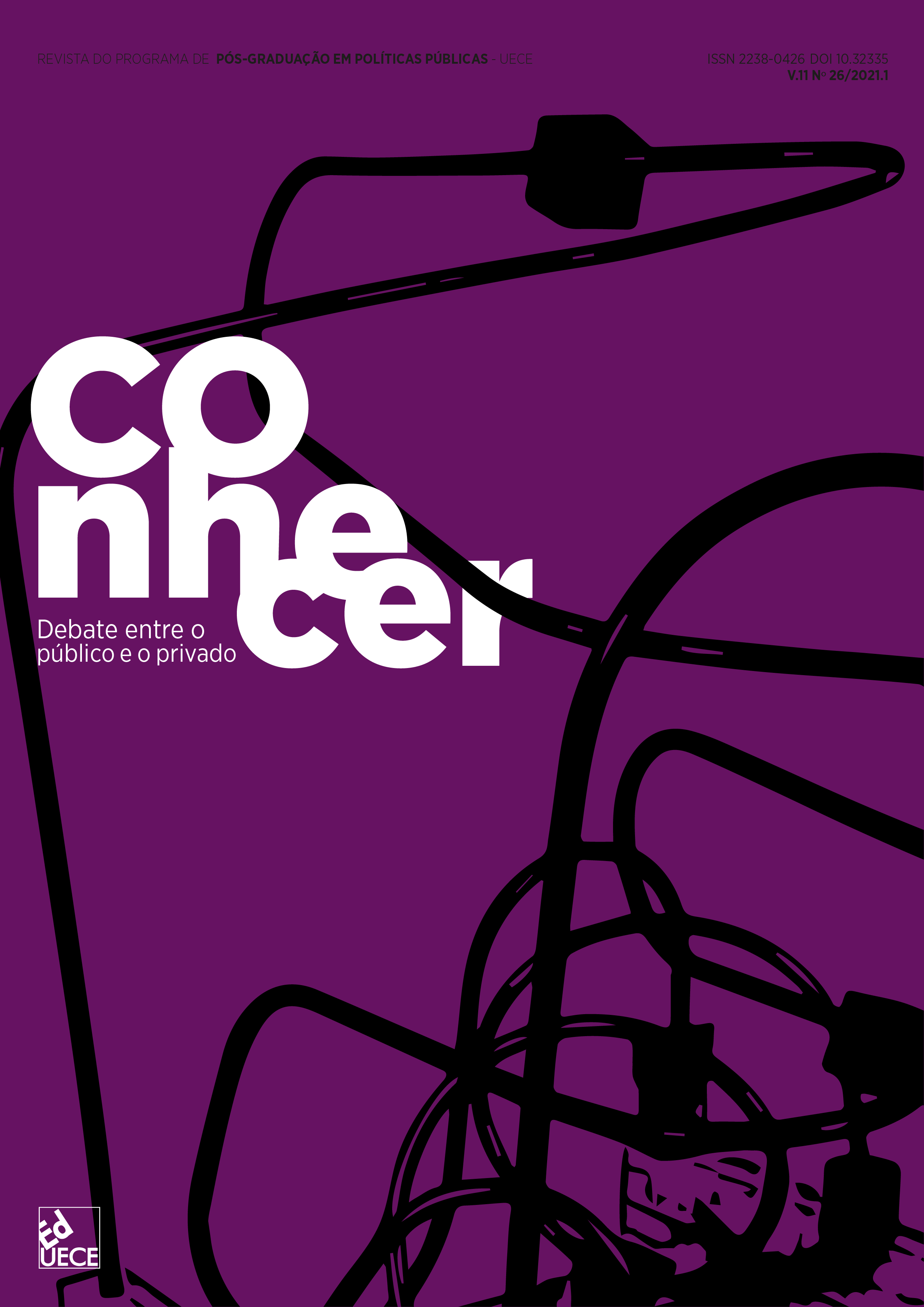Intersection between electoral and party systems:
2020 municipal elections Abstract
DOI:
https://doi.org/10.32335/2238-0426.2021.11.26.4704Keywords:
electoral system, party coalition, performance clause, municipal elections, party fragmentationAbstract
This article analyzes the political impact of the electoral rules established by the Brazilian Constitutional Amendment No. 97/2017. Two changes in electoral governance are analyzed: a) prohibition of coalitions in the proportional election from the 2020 municipal elections on; and b) adoption of the party performance clause in the 2018 general elections. Two hypotheses are investigated: a) the first, related to party electoral performance, argues that these changes will negatively affect the electoral performance of the smaller parties and will benefit the bigger parties (this negative impact is greater on parties that have not reached the performance clause); and b) the second, related to party fragmentation, argues that there will be a decreased number of parties in city councils, rewarding bigger parties and penalizing mid- and small-sized parties. To test these hypotheses, electoral data from the Brazilian Superior Electoral Court (Tribunal Superior Eleitoral [TSE]) repository are compared in 2 elections: a) t0, when the change did not exist (2016 election); and b) t1, marked by the application of the 2 electoral rules (2020 elections). Data confirmed the 2 hypotheses formulated, showing that parties with more state-provided resources had a higher average performance and that party fragmentation was reduced.
Downloads
Downloads
Published
How to Cite
Issue
Section
License
Authors who publish in this journal agree with the following terms:
- Authors retain the copyright and grant the journal the right of first publication, and the study is simultaneously licensed under the Creative Commons Attribution License, which allows sharing the study by acknowledging authorship and initial publication in this journal.



